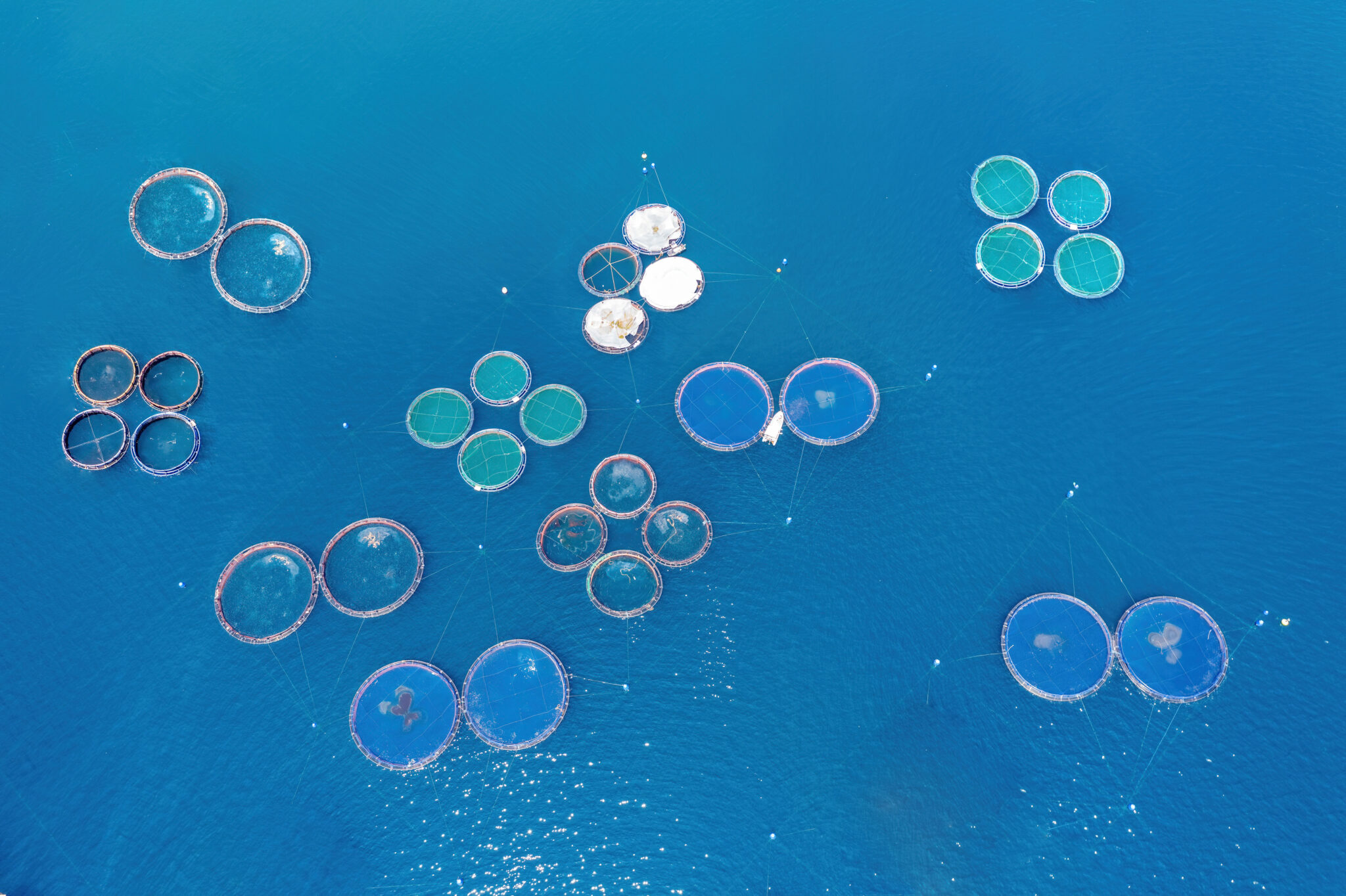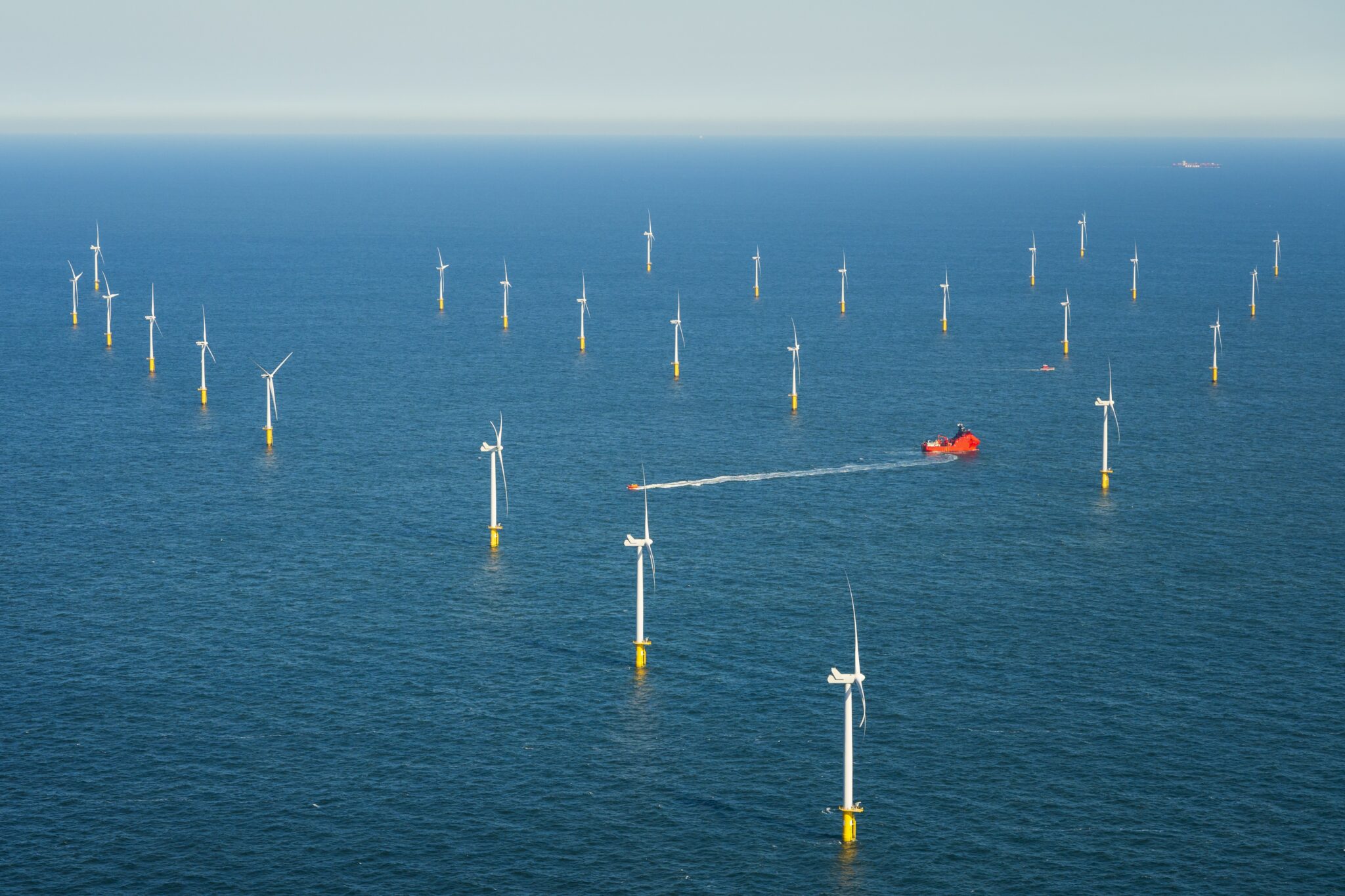Marine Spatial Planning, IHCantabria’s research objective
Recent papers published in scientific journals propose tools to assess interactions between emerging activities in marine space, such as a Spatial Compatibility Index (SCI).
Blue growth seeks to enhance the balance between economic expansion and the sustainable use of marine resources.
This balance is a commitment of Marine Spatial Planning (MSP), which is expected to be achieved by harmonizing the development of emerging sectors -such as renewable energies and aquaculture- with the protection of marine ecosystems, thus responding to global challenges, such as the Sustainable Development Goals and the European Green Pact.
In this line, IHCantabria contributes with studies that evaluate ocean multi-use, optimizing synergies between activities and reducing conflicts, with the aim of guaranteeing sustainable development.
In this field of research, IHCantabria research staff is developing two scientific studies within the scope of the project, with the Margarita Salas Young PhD grant, obtained by IHCantabria researcher Carlos V.C. Weiss (RMS-04), in collaboration with researchers from the Federal University of Santa Catarina (UFSC – Brazil), which have been recently published in two scientific journals.
Both address spatial compatibility and oceanic multi-use, which are fundamental to optimize the use of marine space and to reduce conflicts between different activities and uses.
The article “Towards blue growth: Multi-use possibilities for the development of emerging sectors in the Brazilian sea” has been published in the scientific journal Ocean and Coastal Management.” has been published in the scientific journal Ocean and Coastal Management and provides a preliminary assessment of the opportunities for exploitation and synergies between these sectors in Brazil’s Exclusive Economic Zone (EEZ).
Along with Carlos V.C. Weiss, other representatives of IHCantabria also participated in this work: Bárbara Ondiviela, researcher of the Coastal Ecosystems Group; Raúl Guanche, head of the Marine Energy and Offshore Engineering Group, and José A. Juanes.
Along with them, Jarbas Bonetti and Marinez E.G. Scherer, from UFSC, also contributed as co-authors.
“This work highlights the areas with the greatest potential for combining renewable energy exploitation and aquaculture.
Its results underline the importance of oceanic multi-use,” says Carlos V.C. Weiss.
From this study, the authors propose the development of a Spatial Compatibility Index to evaluate the possible interactions between emerging activities and existing uses in the sea.
This index was central to the second study, the results of which have also been published in the journal Regional Studies in Marine Science, under the title: “Spatial compatibility between emerging marine economies and existing uses in the exclusive economic zone of southern Brazil“.
This focuses on the EEZ of southern Brazil, an area that acts as a pilot project for Marine Spatial Planning in that country.
Carlos V.C. Weiss also participates as co-author of this work with the participation of Júlio C. Medeiros, Marinez E.G. Scherer, Tiago B.R. Gandra and Jarbas Bonetti, with links at the Federal University of Santa Catarina (UFSC – Brazil), and at the Federal Institute of Education, Science and Technology of Rio Grande do Sul (IFRS-Brazil).
“This study revealed a high spatial compatibility between wind and wave energy, while aquaculture and mining face greater compatibility challenges, mainly because of the susceptibility of aquaculture due to live species or the risk posed by mining activity.
Their results not only reinforce the value of EMP in reducing conflicts between expanding sectors, but also provide a framework for planning sustainable and efficient use of maritime space,” says Carlos V.C. Weiss.
Other studies of IHCantabria follow this line of research, such as the ACUFLOT project, which explores the interactions between aquaculture and floating wind energy in the Spanish EEZ, and the MEDAQUA project, which investigates multipurpose possibilities in the Mediterranean.
The results are available on the institute’s PEM platform.
2024 marks a decade since the establishment of the European Union’s EMP Directive (2014/89/EU), the tool for managing the use of our seas and oceans in a coherent manner and ensuring that human activities are carried out efficiently, safely and sustainably.
IHCantabria has been developing lines of research aimed at addressing the social challenges related to the use of the oceans.
This includes: Digital Twin Oceans (DTOs), innovative co-designed models for coastal and marine management; the development of socio-ecological and economic indicators to better understand the social benefits of marine ecological resources; and the development of decision support tools to increase the capacity of EMP to be adaptive and resilient to global change – such as climate change, marine biodiversity loss, pollution, and increasing demand for energy and food.
“With pioneering studies and ongoing projects, IHCantabria seeks to facilitate dialogue between researchers, stakeholders and decision-makers to promote an ecological transition that protects and uses marine resources responsibly,” concludes Daniel Depellegrin, Ramón y Cajal researcher and former Marie Curie postdoctoral researcher who is currently linked to IHCantabria’s Coastal Ecosystems Group.


Emerging blue economy industries – offshore aquaculture and offshore wind energy – that can benefit from the use of spatial compatibility analysis tools developed by IHCantabria research staff, in collaboration with UFSC, to be applied in the case study in Brazil.

